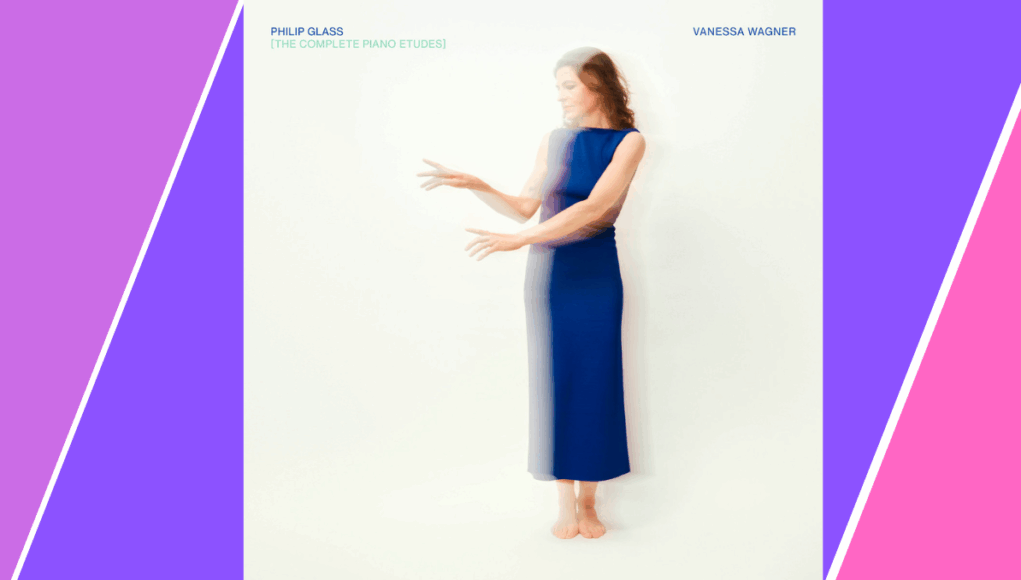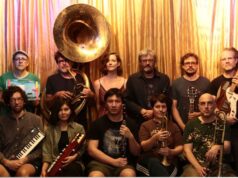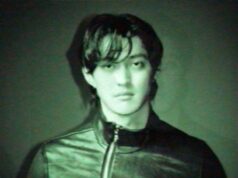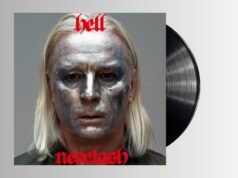„One of the most captivating and awe-inducing pianists in France“ according to Libération, Vanessa Wagner has established herself as a major influence in the classical music scene, crossing borders and blazing inspiring trails. Alongside countless hours performing minimalist repertoires live, Wagner felt an urgent artistic calling: to record in full one of the great contemporary landmarks bridging the musical legacies of the 20th and 21st centuries, the twenty piano Études of Philip Glass.
About Philip Glass‘ Etudes
The first ten Études grew from Glass’s wish to confront his own “technical shortcomings.” In the second volume, Glass intensifies his exploration of musical language, venturing deeper into complex rhythmic structures and harmonic innovation. These Études seem envisioned for an imaginary virtuoso, a pianist capable of unlocking their full expressive potential. Indeed, Glass himself rarely performed the works from this second collection in public.
Focus: Etude no. 9
Etude No. 9 is one of the most physically demanding and rhythmically intense pieces in Philip Glass’s cycle. Built on fast, looping arpeggios and sudden shifts in dynamics, it creates a sense of constant motion, like a wave that never breaks. Vanessa Wagner plays it with both control and energy, giving shape to the tension running through the piece. Her interpretation balances power with clarity, allowing each figure to breathe without ever losing momentum. A piece that might seem purely technical becomes, under her hands, something deeper, a driving, hypnotic experience that captures the listener from the first note to the last.
Pedagogical roots, a thread connecting Wagner to Glass
The thread connecting Wagner to Glass emerges from shared philosophical and pedagogical roots. In his memoir Words Without Music, Glass reflects upon Nadia Boulanger’s teaching in Paris. Boulanger instilled in her students a rigorous yet open-minded discipline, one that embraced innovation while honoring classical tradition. It’s this same tension between structure and freedom that Wagner now channels, transforming Glass’s Études into a living dialogue between past and present. “My relationship to these Etudes is continuously evolving, shaped by the ebb and flow of my personal life, my shifting moods, and my accumulated experience performing them over the years,” Wagner reflects. “These pieces become lifelong companions, growing, maturing, and resonating ever more deeply within me.” the pianist reflects.
A new turning point for Vanessa Wagner
For Wagner, who had previously recorded several Etudes individually, this complete cycle marks a new turning point. Capturing the full breadth of Glass’s work has revealed its striking unity and emotional depth, offering her both a deeper understanding of his language and a renewed sense of artistic clarity. As for the listener, it’s a captivating journey where each piece unfolds into the next, gradually leading to the final study. Along the way, expressionist textures emerge, transcending the usual definitions of minimal music and placing these works among the great musical cycles alongside Debussy, Ligeti, and Schubert.




![PETRU KSS – Kolibri Live LP [Kolibri Space Shuttle]](https://www.theclubmap.com/wp-content/uploads/2026/02/PETRU-KSS-Kolibri-Live-Part-2-Artist-Photo-PETRU-KSS-by-Morax-Stage-238x178.jpg)



